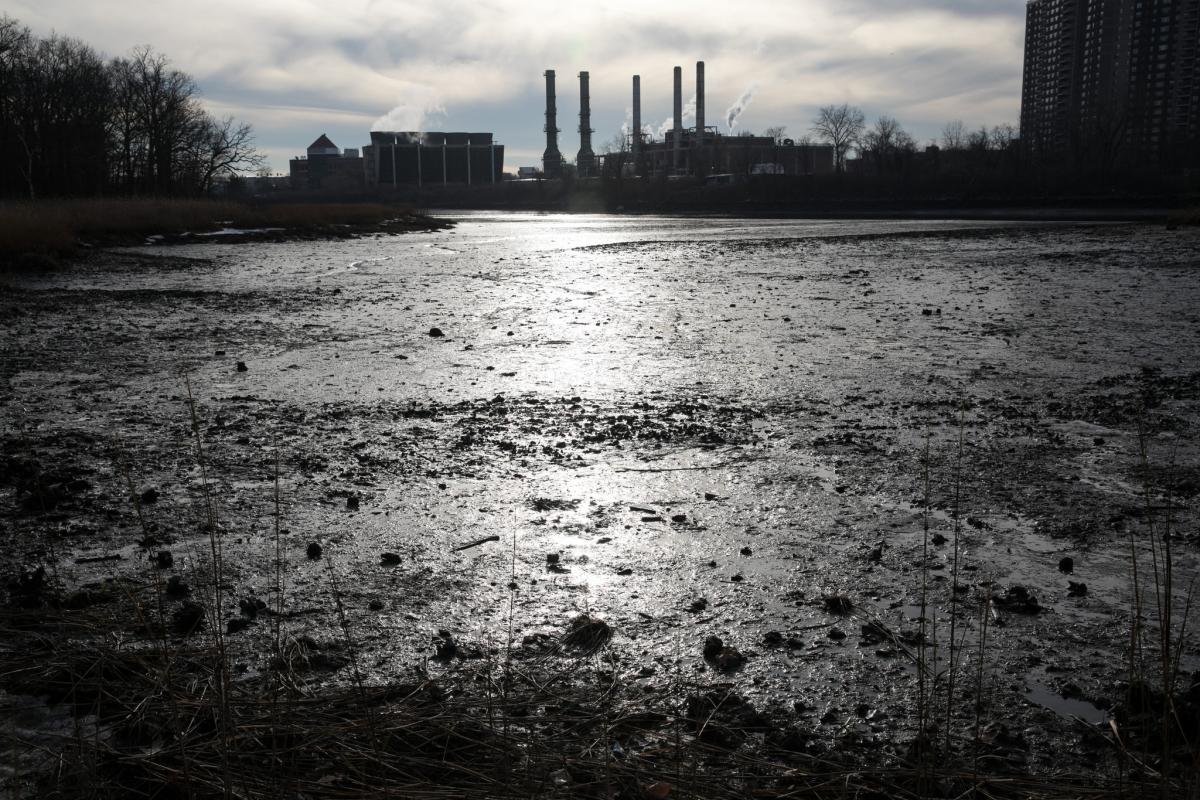How Much Drinking Water Has California Lost to Oil Industry Waste? No One Knows
"California survived its historic drought, in large part by using groundwater. It was a lifeline in the Central Valley, where it was the only source of water for many farmers.




 An aerial view shows a tract of Amazon rain forest that has been cleared by loggers and farmers for agriculture near the city of Santarem, Para State, April 20, 2013. (Nacho Doce/Reuters)
An aerial view shows a tract of Amazon rain forest that has been cleared by loggers and farmers for agriculture near the city of Santarem, Para State, April 20, 2013. (Nacho Doce/Reuters)
Recent Comments